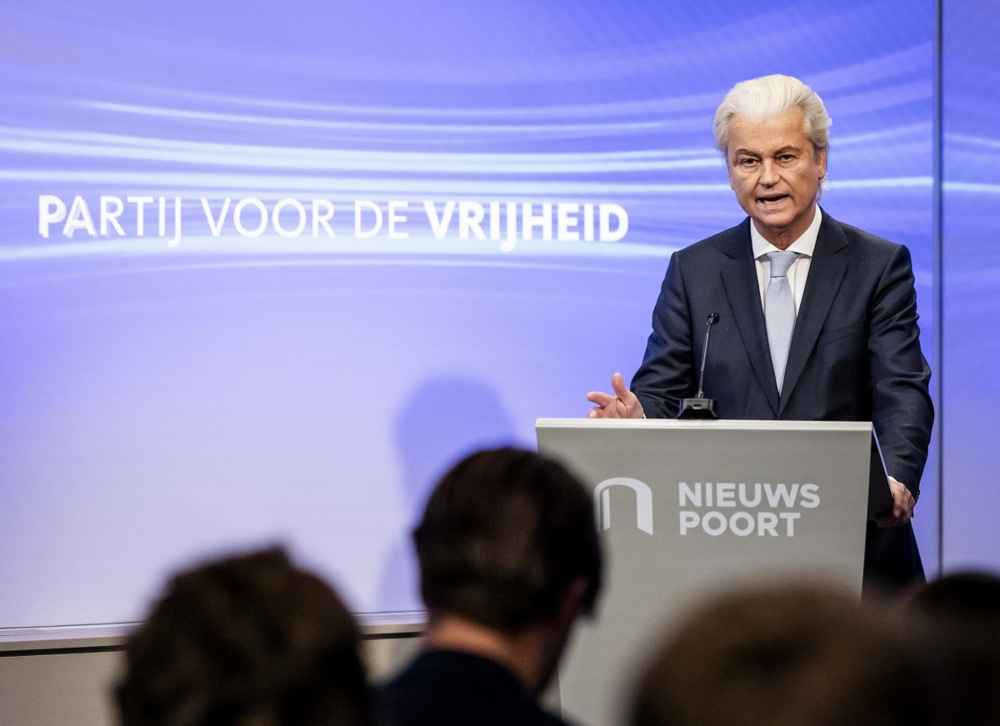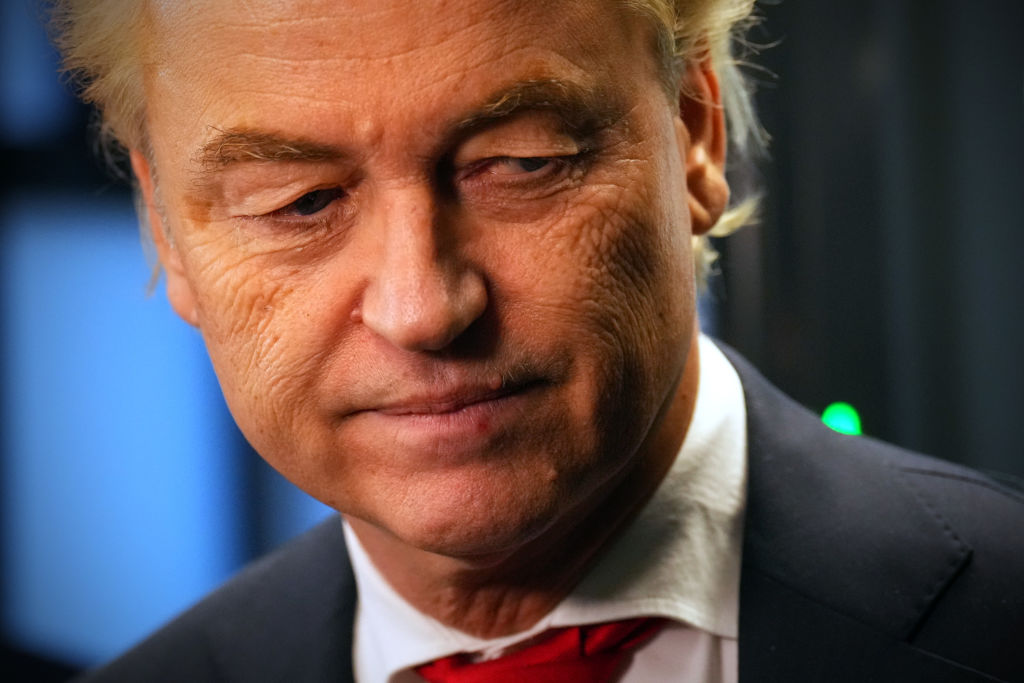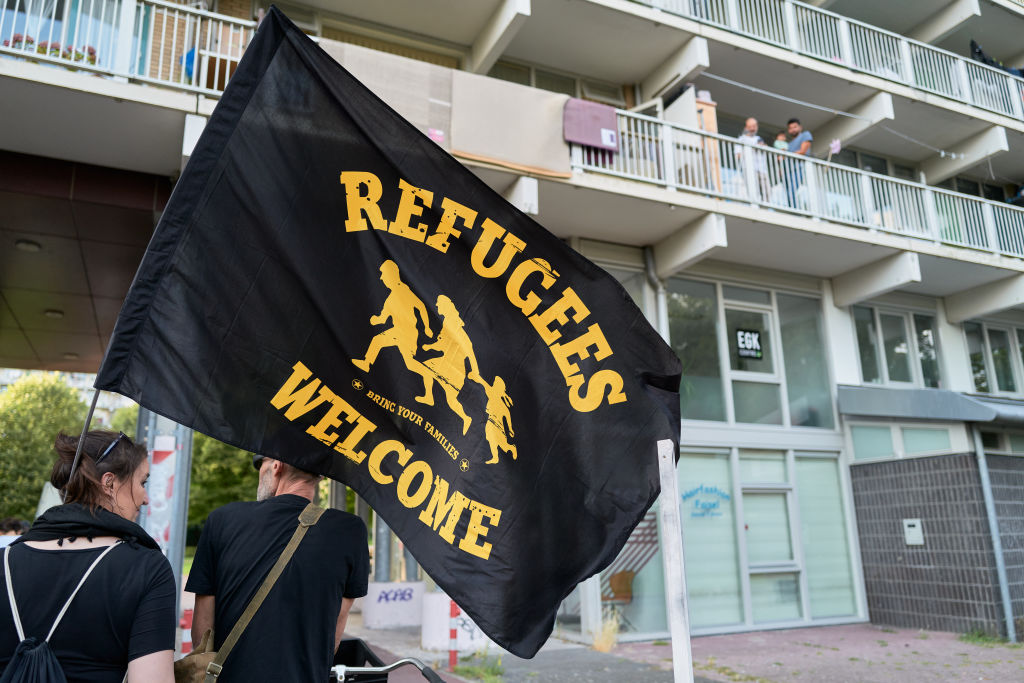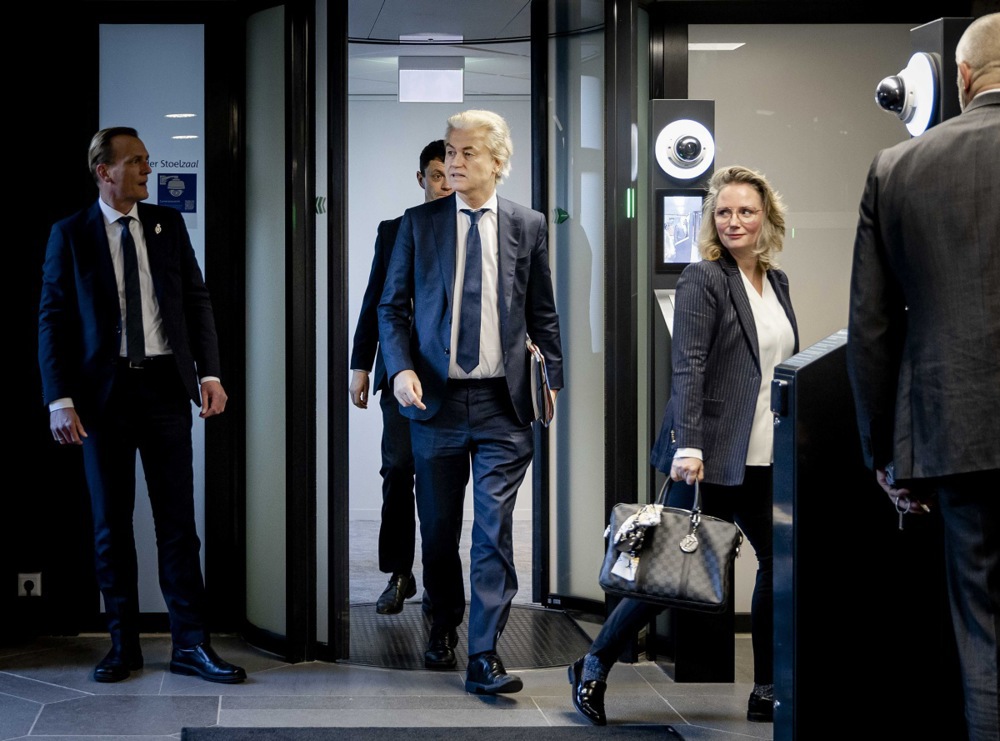Geert Wilders’ Freedom Party (PVV) has blown up the Dutch Government after the coalition failed to agree on stricter asylum policies.
On May 27, party leader Wilders had presented a list of demands to tackle the migrant crisis in the Netherlands, threatening to leave the government if other parties did not change course on the issue.
On June 3, the four coalition parties had a final meeting over Wilders’ demands, with the three other majority parties saying they did not want to change the coalition agreement.
As a result, the PVV decided to leave, effectively ending Prime Minister Dick Schoof’s administration.
It was unclear if there would now be new elections or not but many observers anticipated that the future government would take a turn to the Left either way.
At 9:15 AM, Wilders shared the news on social media.
“No signature for our asylum plans. No adjustment Main Line Agreement. PVV leaves coalition”, he wrote on X.
“We could not do otherwise. I promised voters the strictest asylum policy ever but you were not granted it,” he then added.
Wilders said the other parties wanted his minister, Marjolein Faber, to do all the work but refused to guarantee that her proposals would be approved.
Geen handtekening voor onze asielplannen.
Geen aanpassing Hoofdlijnenakkoord.
PVV verlaat de coalitie.
— Geert Wilders (@geertwilderspvv) June 3, 2025
Just ahead of the meeting, Caroline Van der Plas, leader of the Farmer-Citizen Movement (BBB), said all demands by Wilders could be met within the current frame.
She said it appeared he wanted “to pull the plug anyway”, which she said she found “reckless”.
After PVV left the coalition, the other parties reacted with disbelief.
Nicolien Van Vroonhoven, of the centrist NSC party, said the move was “incomprehensible”.
Dilan Yesilgöz, of the centre-right PVV Party, was outraged and said Wilders chose his own ego over general public interest.
“I am baffled. He is throwing away the chance of a right-wing policy. This is super irresponsible,” she said, adding she was “pissed off”.
Earlier she had put the blame for the lacklustre results regarding migration on the PVV’s Faber, the responsible minister for migration and asylum.
Political analyst Wilco Boom told public broadcaster NOS: “It appeared that the three other coalition parties agreed not wanting to bend for Wilders.
“Geert Wilders had an attitude of ‘do as I say’ and apparently they were now fed up with that,” he said.
Since the conception of the coalition on the back of the PVV’s major electoral win, though, the other parties went out of their way to “contain” the party and “protect the rule of law”. That meant most of its proposals were swept aside.
As a result, the coalition has appeared to lack dynamism and has been marked by tensions and infighting.
Pieter Omtzigt, the leader of the NSC, even decided to quit politics, saying he was suffering burn out and was unable to deal with the pressure.
The Dutch cabinet under Prime Minister Dick Schoof has avoided collapse following a marathon meeting with the leadership of the coalition parties. https://t.co/1DWi3qvo4z
— Brussels Signal (@brusselssignal) November 18, 2024
Rob Jette, of the left-liberal D66 Party said he was not surprised by Wilders’ move. “If it hadn’t happen today, it would have happened in the next few weeks.”
He said the PVV chief was unpredictable and co-operation with him would never work out well.
“We mostly saw a lot of squabbles and crises on various issues. Very few big knots were made. And the other coalition parties have allowed themselves to be held hostage by Wilders,” Jette said.
Henri Bontenbal of the Christian Democratic Party (CDA) said the coalition had refused to take responsibility over the issue.
Recent polls have indicated that the governing parties might not secure a majority if elections were held. In particular, the NSC Party appeared to have collapsed but the PVV was also in the red.
The collaboration of Greens and Socialists, Groenlinks PvdA, made the most gains in the surveys.





